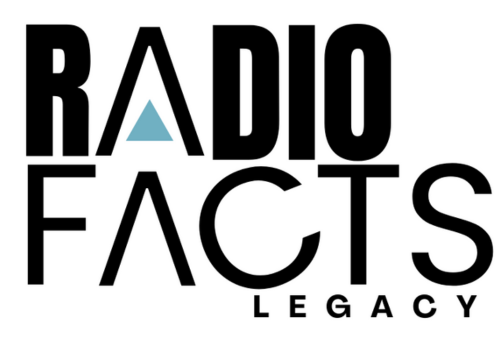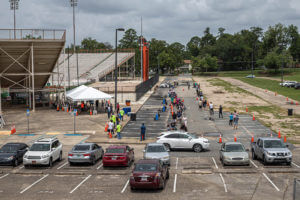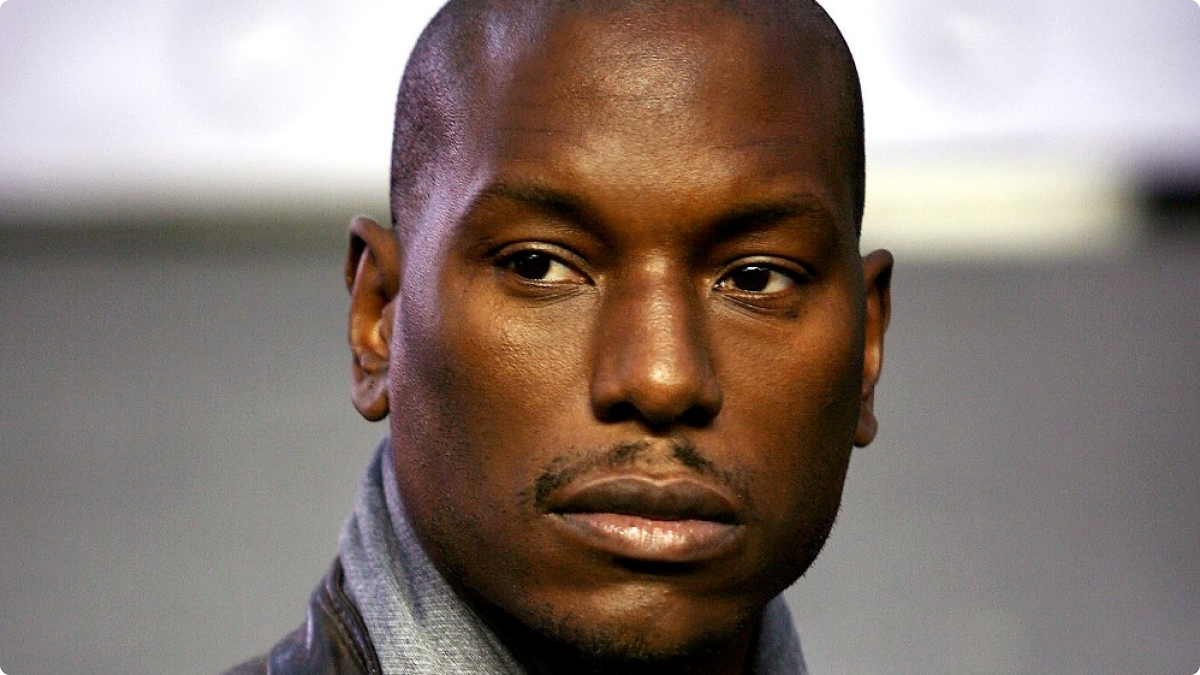Introduction
The United Kingdom has been experiencing a wave of violent protests across several towns and cities. These incidents have led to clas between police and protestors, resulting in injuries and significant public disorder. The violence has been particularly severe in cities like Liverpool, Nottingham, Blackpool, Belfast, Sunderland, and Manchester.
Liverpool: Police Under Attack
In Liverpool, police officers faced violent attacks from a far-right mob. The disorder was described as serious, with several officers injured during running battles with protestors on the city streets. The police were aware of the planned protests, but the scale of the crowds was larger than anticipated. The violence erupted just a few miles from Southport, where a recent attack on children at a dance class appeared to ignite the unrest.
Nottingham: Fighting and Bottles Thrown
Nottingham also witnessed significant disorder, with fighting breaking out and bottles being thrown. The scenes were chaotic as protestors clad, demonstrating their loyalties in a display of violence. The unrest in Nottingham mirrored the violence seen in other parts of the country, highlighting the widespread nature of the protests.
Blackpool: Continued Unrest
In Blackpool, similar scenes of violence unfolded, with fighting breaking out among the crowds. The situation in Blackpool was tense, and the city’s streets were marked by the scars of the previous night’s clas. The authorities faced significant challenges in controlling the unrest and maintaining order.
Belfast: Attacks on Migrant Housing
In Belfast, a hotel housing migrants became the target of violent protests, leading to clas with police. The incident was one of more than two dozen protests that took place across the country. The violence in Belfast highlighted the broader issues of migration and social tension that have been contributing to the unrest.
Sunderland: The Worst Violence
Sunderland experienced some of the worst violence, with the city’s streets bearing the scars of intense clas between protestors and police. The authorities issued a warning that those responsible for the violence would face legal action. The government emphasized the need for strong police operations in communities affected by the disorder and assured that the police would have full support in taking the strongest possible action against the perpetrators.
Manchester: Supermarket Ransacked and Counter-Protests
In Manchester, a mob ransacked a supermarket while fleeing from the police. The city also saw one of the many counter-protests, with anti-fascists marching to deliver their message of defiance against the wave of summer violence. The counter-protests highlighted a sense of resistance among some groups who were unwilling to stand by as the violence continued.
Government Response
The government condemned the violence and pledged to support the police in taking strong action against those responsible. Authorities stressed that violent disorder and thuggery on the streets were unacceptable and damaging to communities. The police were urged to lead operations to restore order and ensure that criminals faced the full force of the law.
Conclusion
The violent protests across the UK have created a tense and volatile situation in many towns and cities. The clas between police and protestors have resulted in injuries and significant public disorder. The authorities face the challenge of restoring order and addressing the underlying issues contributing to the unrest. As the wave of summer violence continues, the government and police are determined to take strong action to ensure the safety and security of communities across the country.





